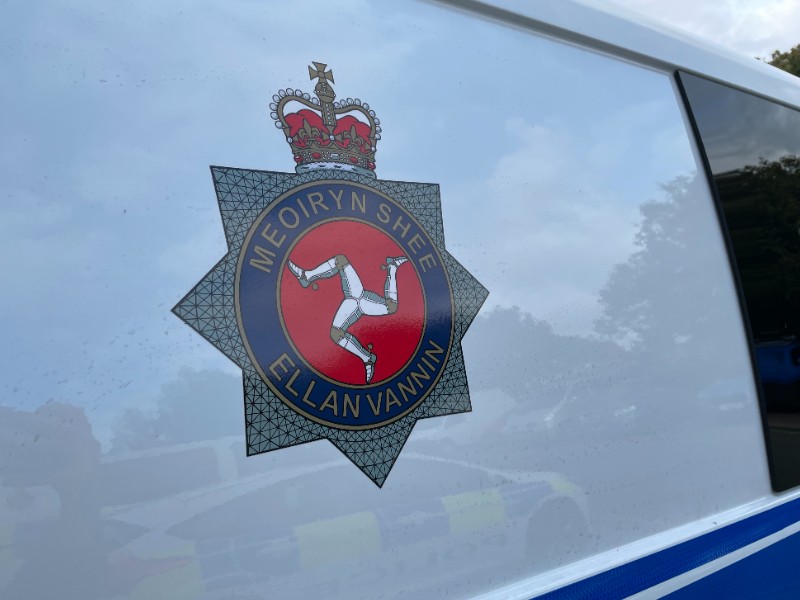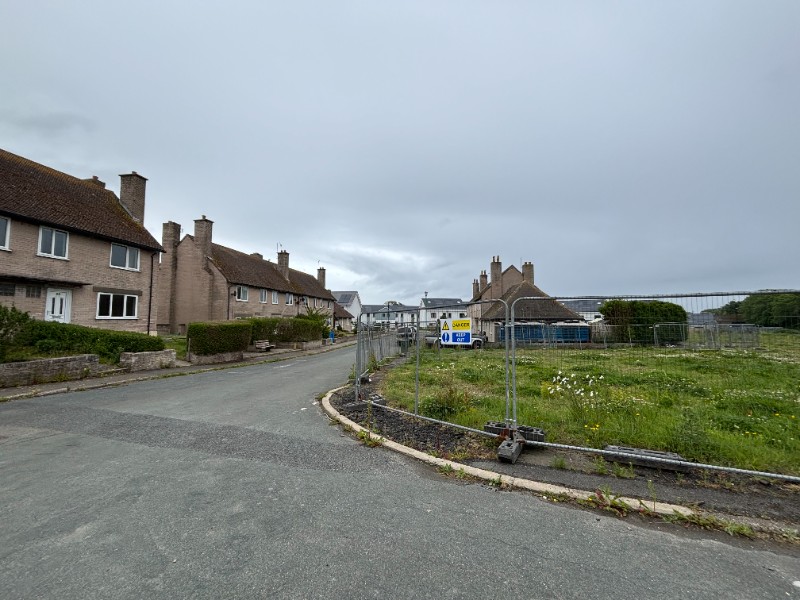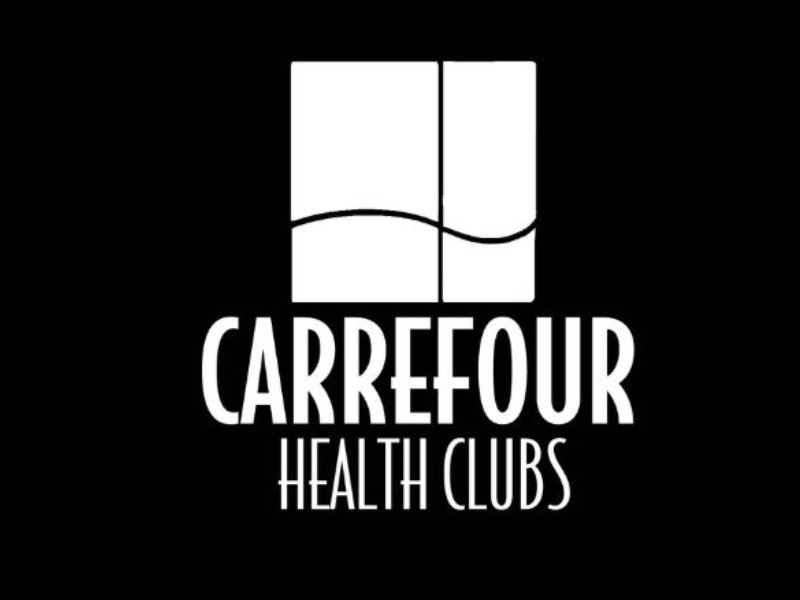
Proposal would see freephone removed from GP surgeries and hospital departments
The Cabinet Office has announced plans to scale back the number of freephone helplines currently in operation, as part of a move it says is aimed at 'better targeting taxpayer finances'.
In a statement to Tynwald, Minister David Ashford said the policy of making certain helplines free to call was introduced in response to a recommendation by the Poverty Committee, and as part of a broader effort to support people during the cost-of-living crisis.
These included lines related to health, housing, and financial support.
However, Mr Ashford told members it is now appropriate to review the scope of that provision, citing stabilising inflation and a desire to ensure public funds are focused on services deemed most critical.
The proposed changes would save around £320,000 annually.
Under the new plans, freephone access will be maintained for seven key lines, including those dealing with mental health, safeguarding, social security, and homelessness.
A new line is also being introduced to support the homelessness pathway.
Meanwhile, other lines would revert to standard call charges, including GP surgeries, Jurby Health and Community Centre, the MEDS out-of-hours service, the Emergency Department, the Noble’s Hospital switchboard, the Income Tax Hotline, Customs and Excise Debt Collection, and the Job Centre.
The Cabinet Office says it has conducted an impact assessment and consulted with service area providers, all of whom reportedly considered the change to be low risk and raised no objections.
However, the proposals met resistance from several Tynwald members.
Speaker of the House of Keys Juan Watterson warned the move could disadvantage individuals who rely on pay-as-you-go phones and cannot afford to make charged calls.
Ramsey MHK Lawrie Hooper described the change as “nothing more than a cost-cutting exercise”.
Kirstie Morphet MLC called for the impact assessment to include input from the public and service users, rather than relying solely on the views of service providers. In response, Mr Ashford defended the current approach, stating that “service area providers know best”.
A motion is expected to come before Tynwald in October, when members will vote on whether to approve the changes.


 Law enforcement agencies carry out raids in Douglas and Onchan
Law enforcement agencies carry out raids in Douglas and Onchan
 Delays to Castletown School Hill development blamed on Treasury
Delays to Castletown School Hill development blamed on Treasury
 Some Laxey homeowners still facing insurance issues
Some Laxey homeowners still facing insurance issues
 Carrefour Health Club to close its doors next month
Carrefour Health Club to close its doors next month